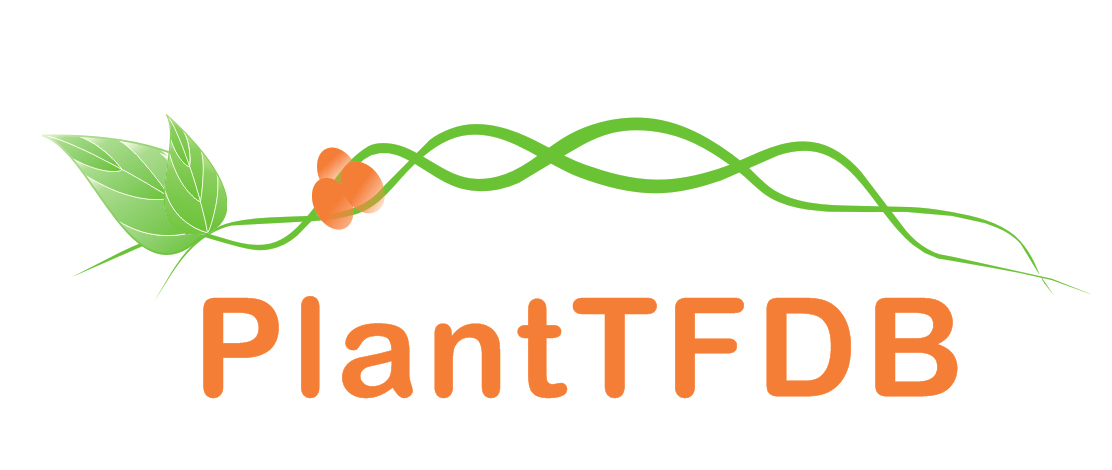 |
PlantRegMap/PlantTFDB v5.0
Plant Transcription
Factor Database
|
| Home TFext BLAST Prediction Download Help About Links PlantRegMap |
| Species | TF ID | Description |
|---|---|---|
| 43666 | HSF family protein | |
| 48162 | HSF family protein | |
| 48763 | HSF family protein | |
| 59938 | HSF family protein |
Heat stress transcription factors (Hsfs) are the major regulators of the plant heat stress (hs) response. Sequencing of the Arabidopsis genome revealed the existence of 21 open-reading frames (ORFs) encoding putative Hsfs assigned to classes A-C. Here we present results of a functional genomics approach to the Arabidopsis Hsf family focused on the analysis of their C-terminal domains (CTDs) harboring conserved modules for their function as transcription factors and their intracellular localization. Using reporter assays in tobacco protoplasts and yeast as well as glutathione-S-transferase (GST) pull-down assays, we demonstrate that short peptide motifs enriched with aromatic and large hydrophobic amino acid (aa) residues embedded in an acidic surrounding (AHA motifs) are essential for transcriptional activity of class A Hsfs. In contrast to this, class B and C Hsfs lack AHA motifs and have no activator function on their own. We also provide evidence for the function of a leucine (Leu)-rich region centered around a conserved QMGΦL motif at the very C-terminus as a nuclear export signal (NES) of class A Hsfs. Sequence comparison indicates that the combination of a C-terminal AHA motif with the consensus sequence FWxxF/L,F/I/L as well as the adjacent NES represents a signature domain for plant class A Hsfs, which allowed to identify more than 60 new Hsfs from the expressed sequence tag (EST) database.
Kotak S, Port M, Ganguli A, Bicker F, von Koskull-Doring P.
Characterization of C-terminal domains of Arabidopsis heat stress transcription factors (Hsfs) and identification of a new signature combination of plant class A Hsfs with AHA and NES motifs essential for activator function and intracellular localization.
Plant J, 2004. 39(1): p. 98-112.
PMID: 15200645



